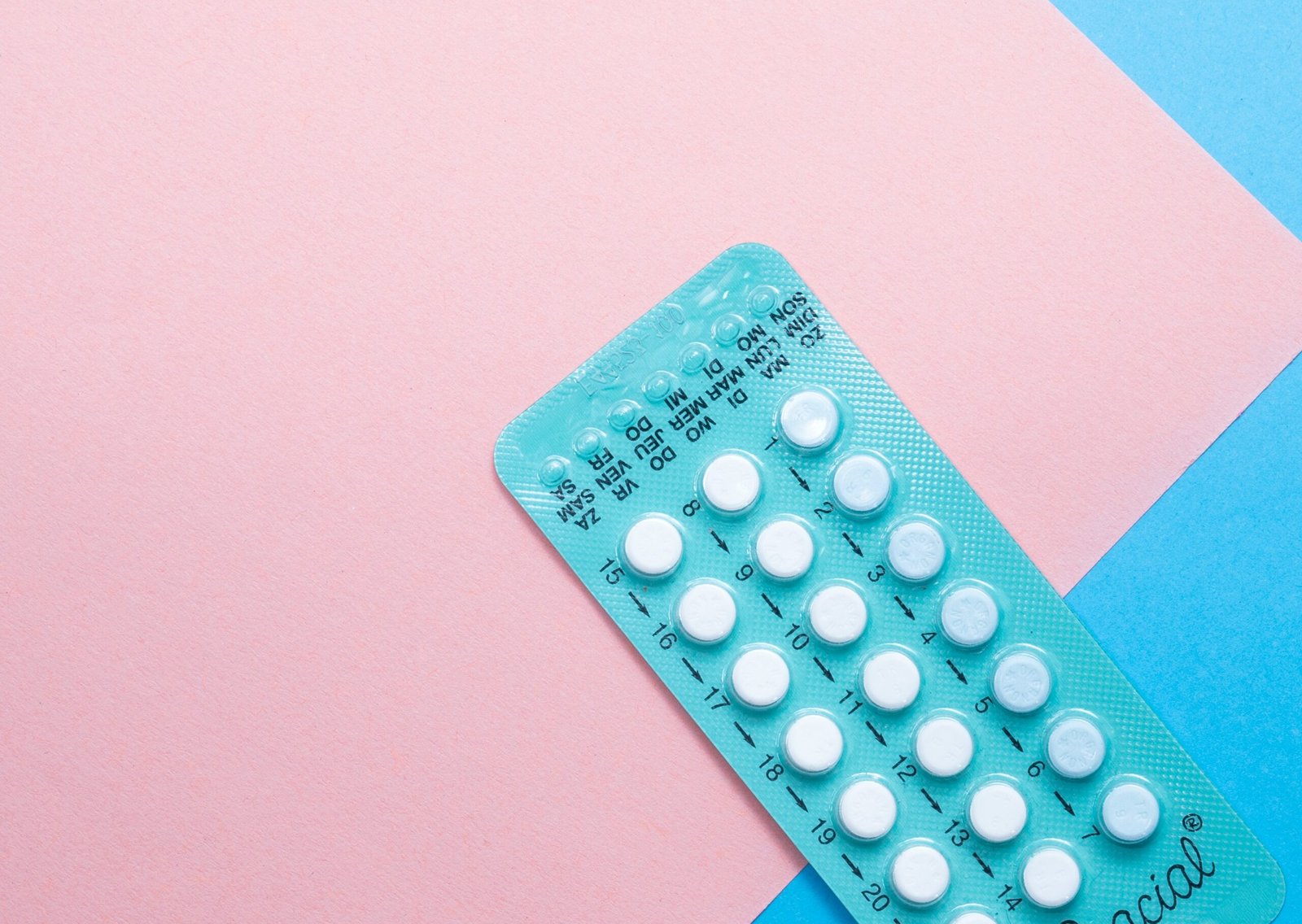
The Importance of Hormones in Women’s Weight Loss
When it comes to weight loss, many factors come into play. Diet and exercise are often the first things that come to mind, but did you know that hormones also play a significant role in women’s weight loss? Hormones are chemical messengers in our bodies that regulate various functions, including metabolism, appetite, and fat storage. Understanding how hormones impact weight loss can help women achieve their goals more effectively and maintain a healthy weight in the long run.
1. Insulin
Insulin is a hormone produced by the pancreas that regulates blood sugar levels. It helps transport glucose into cells to be used as energy or stored as fat. When insulin levels are high, it can lead to weight gain and difficulty losing weight. This is because high insulin levels can promote fat storage and inhibit the breakdown of stored fat. To keep insulin levels in check, it is essential to consume a balanced diet that includes complex carbohydrates, lean proteins, and healthy fats.
2. Leptin
Leptin is a hormone produced by fat cells that helps regulate appetite and energy expenditure. It signals to the brain when we are full and should stop eating. However, in some cases, individuals may develop leptin resistance, where the brain does not respond to the hormone’s signals. This can lead to overeating and weight gain. To improve leptin sensitivity, it is crucial to get enough sleep, manage stress levels, and consume a diet rich in whole foods and fiber.
3. Ghrelin
Ghrelin is a hormone produced in the stomach that stimulates appetite. It signals to the brain when we are hungry and need to eat. Elevated ghrelin levels can lead to increased hunger and cravings, making it challenging to stick to a calorie-controlled diet. To keep ghrelin levels in check, it is important to consume regular meals and snacks that are high in protein and fiber. These nutrients help promote satiety and reduce hunger cravings.
4. Estrogen
Estrogen is a hormone primarily associated with female reproductive health. However, it also plays a role in weight regulation. During menopause, estrogen levels decline, which can lead to weight gain, particularly around the abdomen. This is because estrogen helps regulate metabolism and fat distribution. To manage weight during menopause, it is important to engage in regular exercise, consume a balanced diet, and consider hormone replacement therapy if necessary.
5. Cortisol
Cortisol is a hormone produced by the adrenal glands in response to stress. It plays a crucial role in our body’s fight-or-flight response. However, chronic stress can lead to elevated cortisol levels, which can contribute to weight gain, particularly in the abdominal area. To manage cortisol levels, it is essential to practice stress-reducing techniques such as meditation, yoga, and regular exercise. Getting enough sleep and maintaining a healthy lifestyle can also help keep cortisol levels in check.
Conclusion
While diet and exercise are important for weight loss, hormones also play a significant role, especially in women. Understanding how hormones such as insulin, leptin, ghrelin, estrogen, and cortisol impact weight regulation can help women make informed decisions about their lifestyle choices. Get phentermine prescription from Size8clinic.com. By adopting healthy habits that support hormone balance, women can optimize their weight loss efforts and achieve long-term success.
